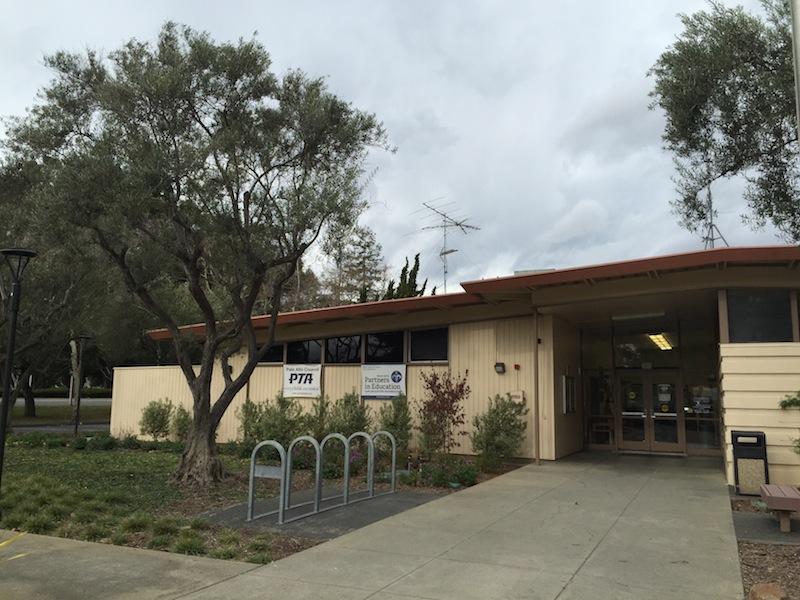Palo Alto Unified School District Superintendent Max McGee and Palo Alto High School Principal Kim Diorio sent emails to parents and students, respectively, addressing ways that the community and school plan to improve student wellness.
A few hours after McGee posted his fourth edition of his “Max Mail” newsletter, Diorio emailed the student body a revised version of a letter from last week, which she removed from the Paly website after McGee suggested sending a district-wide letter instead. While worded differently to better match McGee’s phrasing, Diorio’s revised letter shares the same sentiments as the original, encouraging the school to implement a homework-free February break and suggesting long-term changes to Paly’s homework and test policies.

While Diorio plans to notify parents of the new letter soon, she wants the first recipients of her email to be students in order to involve them more directly in the discussion about stress and mental health.
“Having listened to students all last week, there was a concern about feeling like, ‘who’s talking to the kids?'” Diorio said. “The adults are in this position where we’re having a lot of adult conversations about suicide and stress, but who’s talking to the kids, and how come they’re not being included in these conversations?”
Diorio said she will discuss possible solutions to help empower students and improve the school climate with the Associated Student Body this week. Additionally, Diorio invites students to share their thoughts and suggestions using a Google form included in the letter.
In McGee’s newsletter, the superintendent showed gratitude for students, district staff, the police, city officials and other public agents in light of a Gunn High School student’s death by suicide last month. McGee also advocated for a community-wide effort to support students in all aspects of their well-being, stressing that mental health issues are not just a “school problem.”
“These past two weeks, people have been anxious to understand why [the suicide happened], sometimes quick to blame and generally eager to share their solutions to what they believe the students’ problems are,” McGee said in his newsletter. “While the reactions are understandable, it is time to come together as a collective community.”
While McGee acknowledges that academic stress is not the sole cause of suicide, he emphasizes that change can begin within the school system and urges parents and students to reduce competitiveness at school, underscoring the importance of learning for the sake of learning, not for grades.
“It is imperative we remember student health and connectedness do not have to come at the cost of high academic standards,” McGee said. “This [students’] sense of curiosity and desire to deepen and apply knowledge is consistent with our [the district’s] vision and evidence that we are a community of learners who will be well-prepared for a fulfilling future. However, when students feel they should prize their grades over deeper learning, when the number of AP [Advanced Placement] and honors classes they take matters more than what they experience in these classes or when they are over-competitive with one another or obsessed with checking grades, unhealthy actions can follow. ”
McGee has also authorized a number of projects to help support students at both high schools, such as conducting a course alignment review, requiring regular meetings with school counselors and advisers and beginning “mindfulness training,” in addition to the changes that Diorio hopes to make at Paly.
McGee said he hopes to increase the discussion as a community about student wellness. A “Let’s Talk: A Community Conversation about Healthy Kids and Healthy Schools” event, sponsored by the City of Palo Alto and Project Safety Net, will be held at 7 p.m. on Wednesday, Feb. 25 at the Cubberley Community Center Theatre to help spark a discourse.

